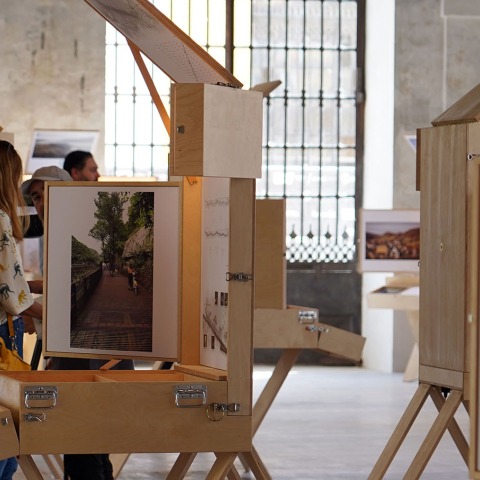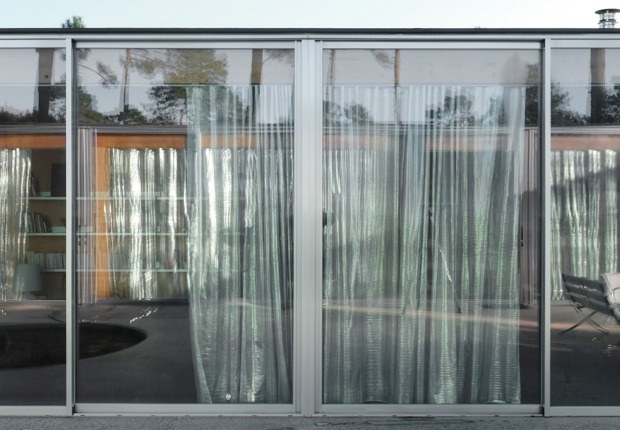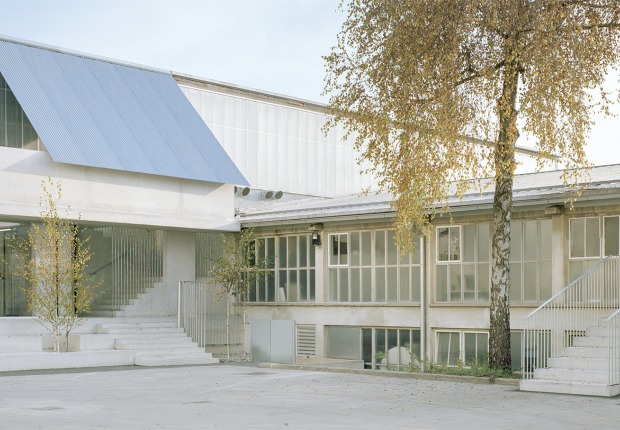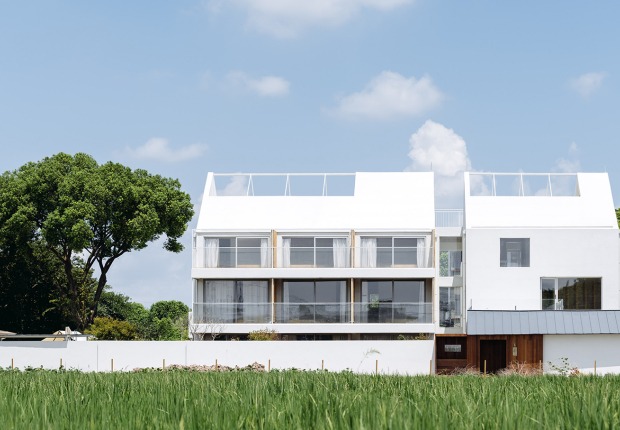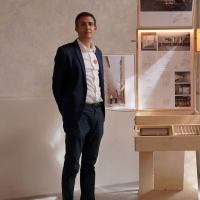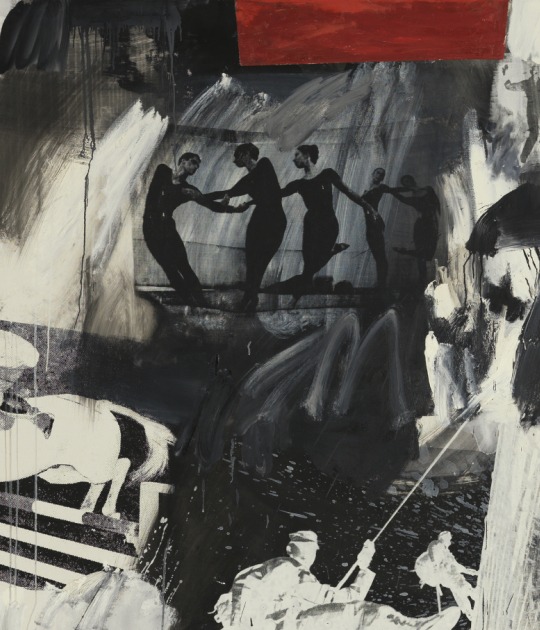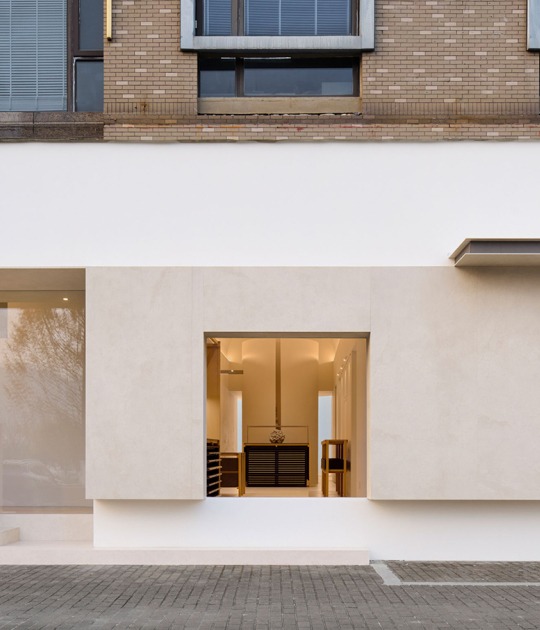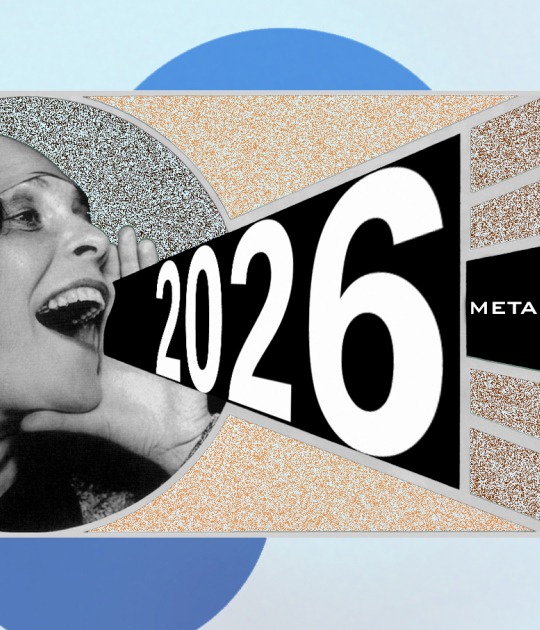The future of architecture in the Medium Term
Focusing on how the actions of the present influence our future habitat and define how we will be in the near future, the XVI BEAU seeks to reflect on the close relationship between architecture and the collective and individual development of its inhabitants, in line with the general motto of the “We are the architecture that we live” Biennial. "The selected proposals demonstrate a strong social commitment, a deep cultural value, a humanistic confidence, and a strategic proactive capacity," emphasize María González García, Juan José López de la Cruz and Ángel Martínez García-Posada.
Articulated around the concept of "time boxes", the exhibition project is structured around five fundamental horizons - New programs, Common actions, Local roots, Constructive logics, and Precise scales - that explore new ways of organizing spaces, establishing constructive logics, revalue public spaces, improve the relationship between people and their environment and interpret local tradition and culture in a globalized context.
These boxes, compact and easy to transport, serve to display selected architectural projects in two complementary hemispheres. One represents the project in its present, with plans and images, while the other illustrates the medium-term ambitions. This initiative will allow the public to understand not only the final result of each project but also the aspirations that underlie the creative process.
In line with this expanded record of a present on its way to the future, the setting chosen to host the inaugural exhibition, the Royal Artillery Factory of Seville, is a space with numerous layers of history that is currently in the process of transformation. This evolution will enrich the neighborhood where it is located in the medium term, symbolizing the capacity of architecture as an engine of change in the city.

Me–dio Pla–zo. XVI BEAU on stage with an exhibition at the Royal Artillery Factory of Seville.
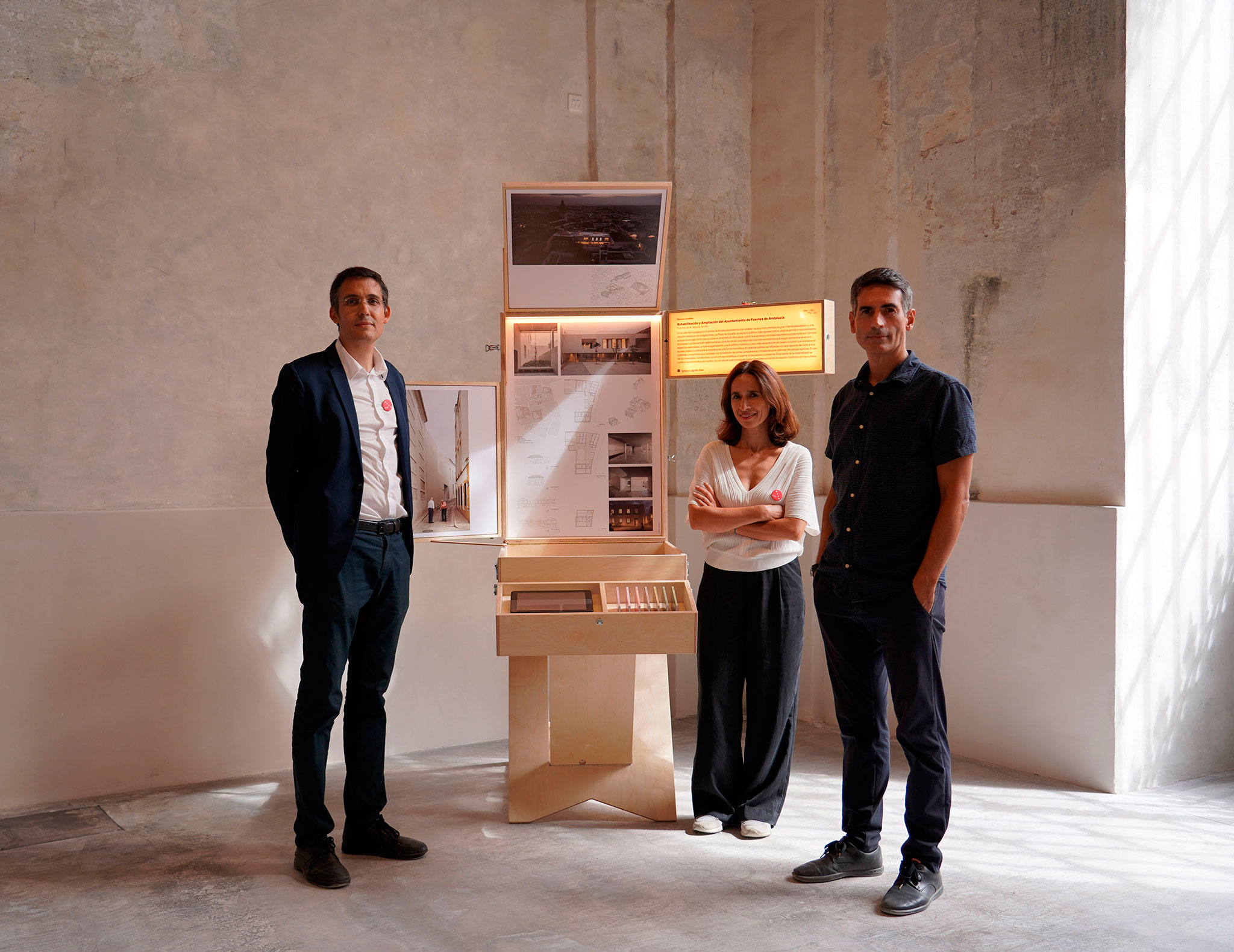
Me–dio Pla–zo. XVI BEAU on stage with an exhibition at the Royal Artillery Factory of Seville.
Congress "Spanish architecture in the Medium Term" and itineraries XVI BEAU
After the opening of the exhibition, and in continuity with the successful congress held in Valladolid in the previous Biennial, the meeting “Spanish Architecture in the Medium Term” will be held in the Old Convent of Santa María de los Reyes in Seville. It will be within the framework of the XXII Seville Architecture Week on October 3, 4, and 5.
In this congress, which has the support of the Junta de Andalucía and the Official College of Architects of Seville and which will be inaugurated by the renowned architect Emilio Tuñón –National Architecture Prize 2021–, the 20 award-winning teams in the Works category will participate. , who will collectively reflect, through the five proposed horizons, on the present and future of architecture and urban planning in Spain, in dialogue with some reference figures in different areas of thought and culture.
Subsequently, the XVI BEAU exhibition will travel in future itineraries to different national and international locations that will also be examples of places open to citizens to reflect on a present in transition and the architectural space as a driver of a social and sustainable future. “The compendium of this Biennial summarizes the best of the efforts of so many teams of architects to enrich the scenarios of our intimate or shared life. That is now a cause for celebration and should also serve as a stimulus, now and in the medium-term future,” highlight the commissioners of the XVI BEAU.
